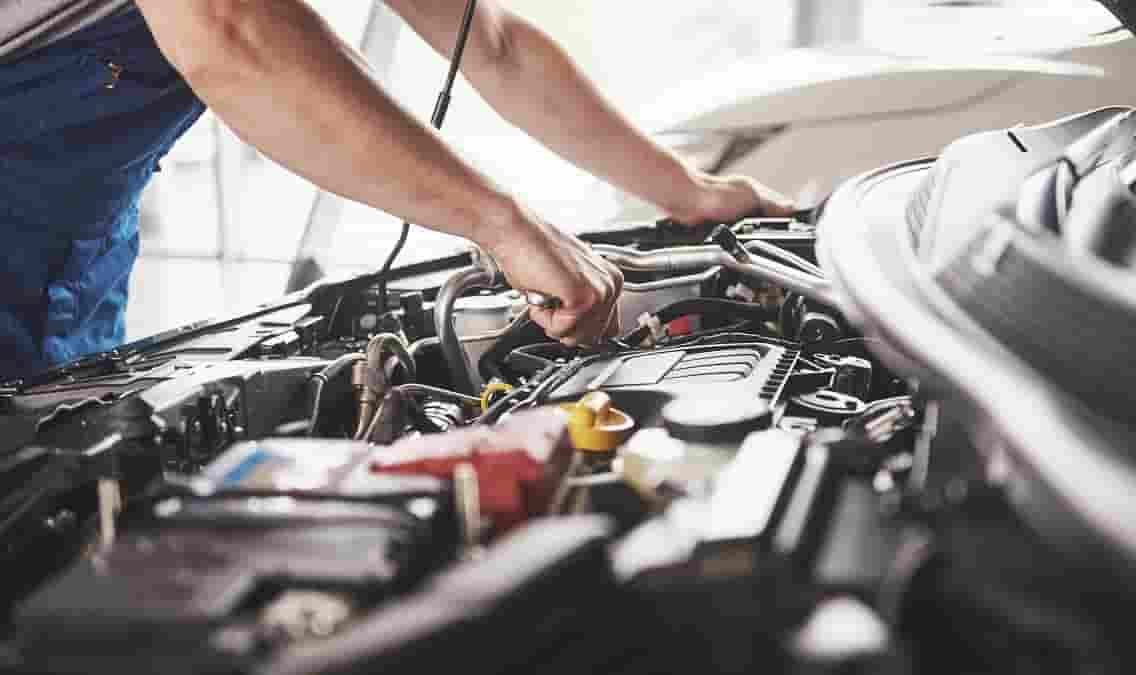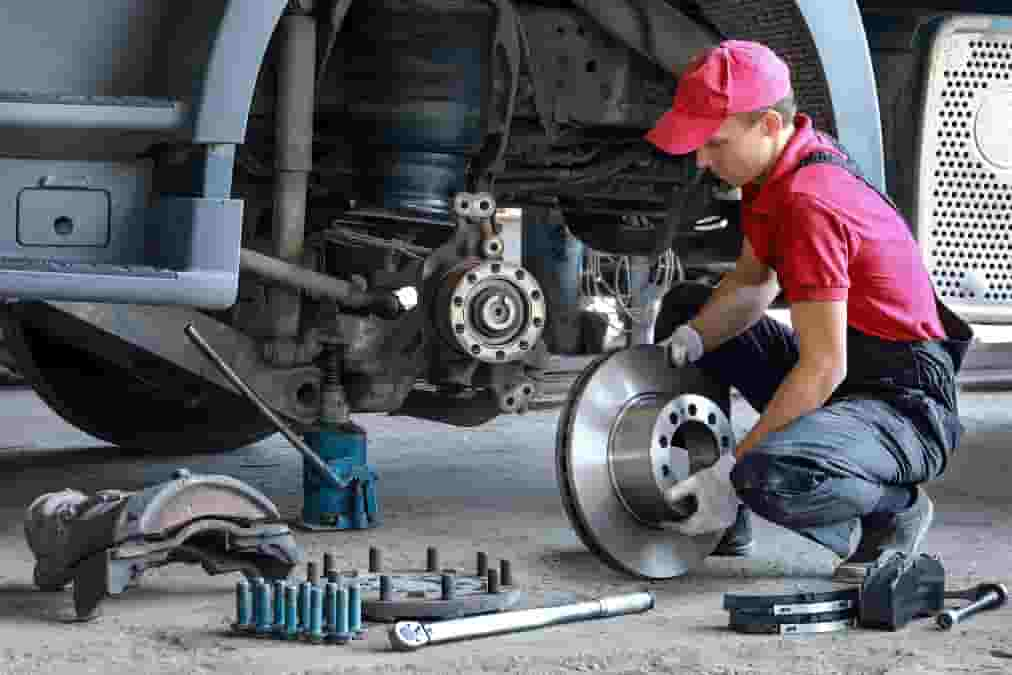How Mechanics Contribute to the UK’s Economic Prosperity
Mechanics play a vital role in the UK economy, providing essential services to vehicles and ensuring their safe operation. Mechanics are highly skilled workers, and their expertise is invaluable in the UK’s automotive industry. In this article, we’ll explore the economic impact of mechanics in the UK, the challenges they face, and how unions can help to protect and promote their profession.
Introduction to Mechanics and their Role in the UK Economy
Mechanics inspect, diagnose, maintain, and repair vehicles. They have comprehensive knowledge of automotive systems and components. They also have the tools and techniques needed to repair and maintain them. Mechanics can work in many different settings, from independent garages to large automotive dealerships.
Mechanics are essential to the UK’s automotive industry, which contributes billions of pounds to the economy each year. In 2021, the automotive industry contributed £14.1 billion to the UK economy. This makes it one of the largest industries in the country.
The UK’s automotive industry would not be able to function without mechanics, who are responsible for ensuring that vehicles are safe and reliable. Mechanics also play an important role in keeping vehicles roadworthy, as any vehicle that fails its annual MOT test must be repaired by a qualified mechanic.

The Economic Impact of Mechanics in the UK
The economic impact of mechanics in the UK has been significant. According to a report by the Society of Motor Manufacturers and Traders, mechanics contribute an estimated £15 billion to the UK economy each year. The entire automotive industry benefits from this contribution, including dealerships and independent garages, as well as vehicle manufacturers and parts suppliers.
The automotive industry is a major employer in the UK, and mechanics are among the highest-paid workers in the industry. According to the ONS, mechanics earn an average of £14.7 per hour, compared to the UK average of £12.50 per hour. This wage premium reflects the importance of mechanics to the UK’s automotive industry.
Mechanic jobs also support other industries, such as hospitality and leisure, which benefit from the spending of mechanics’ wages. This suggests that mechanics have a far-reaching impact on the UK economy.
How can Mechanics Benefit from a Union?
Mechanics face significant challenges. These challenges must be addressed in order to protect the profession. One way to do this is by joining a union, which can provide support and professional development opportunities.
Unions are organisations that support the interests of workers. They are typically made up of members, and they are governed by a set of rules and regulations. Unions provide a range of services to their members, including news, important information and legal advice.
Joining a union can also provide mechanics with access to a range of benefits that can help to protect their jobs and promote their profession.
How a Mechanics Union Can Help to Protect Mechanics
Unions are also important for protecting the rights of mechanics. Unions support their members in disputes with employers, and they can offer legal advice and support in cases of unfair dismissal or discrimination. Mechanics who have experienced unfair treatment will find this invaluable.
The Challenges Facing Mechanics – Now and in the Future
Despite their economic contributions, mechanics face a number of challenges that threaten their employment prospects. One of the biggest challenges is the increasing automation of automotive repairs. Automated systems are becoming more commonplace in garages and dealerships, and they are capable of performing many of the tasks that mechanics used to do.
In addition, the cost of training new mechanics is a major barrier to entry for aspiring mechanics. Training courses can be expensive, and many mechanics are unable to afford them. This means that there is a shortage of qualified mechanics in the UK.
The Autonomous Vehicle Revolution: How will it Affect Mechanics?
The emergence of autonomous vehicles has sparked debate about whether there will be enough skilled mechanics to meet the demand for repairs. Why is this important? Simply put, the automotive industry will be revolutionised by technology.
Because automated systems are capable of performing basic maintenance, there may be less of a need for mechanics to carry out traditional repairs.
However, there is still likely to be a high demand for suitably qualified mechanics – even in an autonomous vehicle world. For example, periodic maintenance and servicing will still need to be carried out by qualified mechanics. In addition, the introduction of autonomous vehicles could create new opportunities, such as developing, maintaining and servicing the software that powers the vehicles.

Conclusion
In conclusion, mechanics play an essential role in the UK economy, and their economic contributions are significant. However, there are a number of challenges facing mechanics, including automation and the emergence of autonomous vehicles. Unions for mechanics can help to protect and promote the profession of mechanics. Moreover, by joining a union, mechanics can help to ensure their profession remains viable and prosperous in the UK.
Mechanics Jobs
- Feed has no items.



